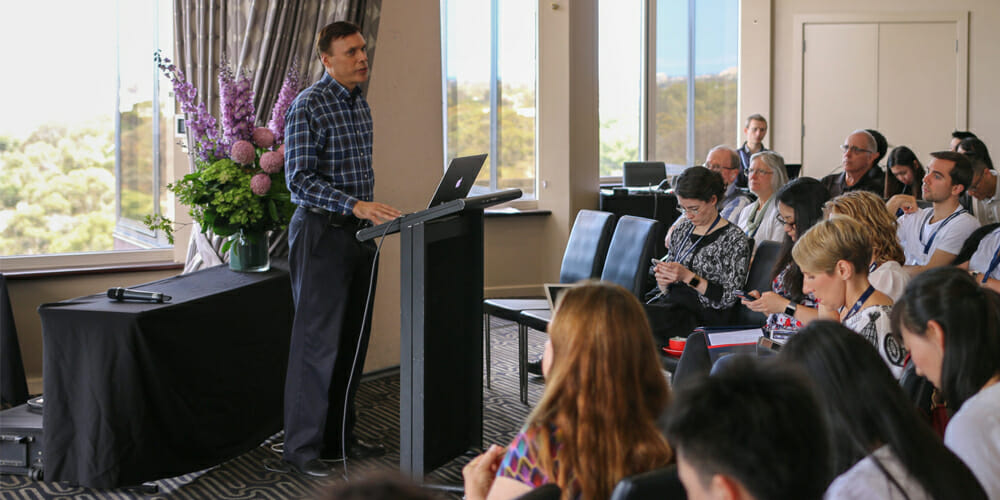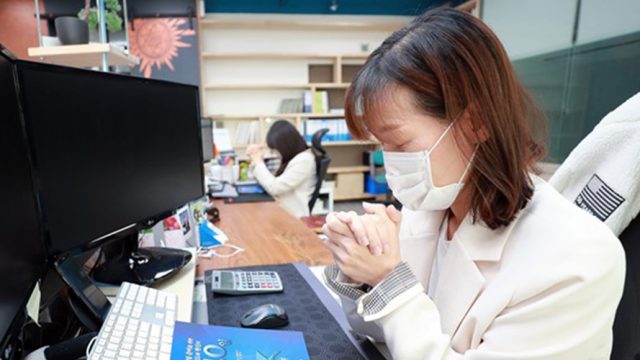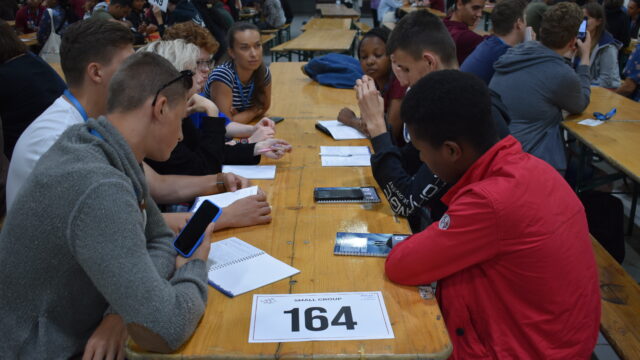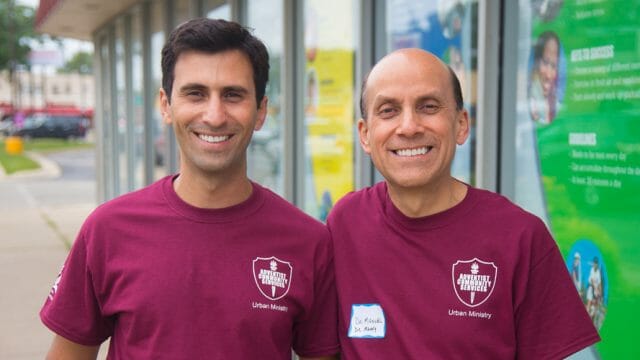Student-produced magazine is a publication of the Adventist school.

More than 100 medical students and professionals gathered in Adelaide, South Australia, for the annual Adventist Medical Evangelism Network (AMEN) conference, November 23-25, 2018.
The three-day meeting aimed to equip Adventist medical professionals to “heal, survive, and thrive” in their workplaces. Speakers addressed issues facing medical practitioners, including rising depression and anxiety rates among medical workers, and implementing health programs in local churches and cities.
The Need for Social Connection
Joy Akrawi, a board member for AMEN and presenter on maintaining social connection, outlined how personal experiences with tragedy urged her to form network connections among her medical school colleagues.
“I did have this experience where I saw my first patient die,” Akrawi said. “It’s hard for people to experience that outside of the hospital, let alone inside the hospital when . . . it’s all new to you as a student. I had to call up one of my friends from the university because she gets it. Because she’s gone through it as well. I try to emphasize that fact with the other [student AMEN delegates], that it’s important to have friends in church, but it’s also important to have them in your courses.”
With local, national, and overseas delegates in attendance, the conference was headlined by practicing physician and director of Nedley Health Solutions Neil Nedley. Nedley’s programs and presentations centered around healing from depression and anxiety. Speaking of the atmosphere at the conference, Nedley said he felt inspired by the connection made between health and spirituality.
“The different scientific presentations, as well as the spiritual presentations, were a blessing,” he said. “I think anyone could benefit from them.”
Evangelism in the Workplace
Addressing challenges in workplace evangelism, Nedley called for people to take the initiative.
“The biggest challenge is for them to recognize the opportunity, to seize upon that opportunity,” he said. “Be bold but appropriate — in representing the Lord and opening up in a spiritual way. There were some good suggestions given by some Australian physicians here yesterday in their own practice and how that can help.”
The weekend also saw addresses about successful medical ministries. Robert Granger, a dermatologist from Western Australia, shared about his recent mission trip, involving healing skin issues in the Philippines. Trevor Hurlow, a general practice physician from Cooranbong, New South Wales, presented on Sonship — an initiative by doctors with a fleet of four boats called Medisonship, serving health needs in the Solomon Islands.
Commitment to the Health Message
Hurlow highlighted how the conference was an effective platform to share success stories.
“It has been incredibly inspiring to hear the different medical professionals . . . and to just hear about the commitment they have to the health message,” he said. “[They are] looking for ways wherever they are to be able to share the good news of the gospel. We all know initially it’s all about caring for the needs of others and then trying to point them to a better way. That is to get to know Christ.”
Paul Rankin, from the South Pacific Division’s health ministries department, presented on the 10,000 Toes campaign, while Geraldine Przybylko, health strategy consultant for the division, shared the region’s future health strategy, including the launch of a new app.
Presentations from a variety of doctors, students, and professionals were also supported by numerous breakout sessions, where delegates were able to discuss strategies to better evangelize in their churches and workplaces.
The AMEN conference is slated be held in Adelaide again in 2019.
The original version of this story was posted on the Adventist Record news page.








